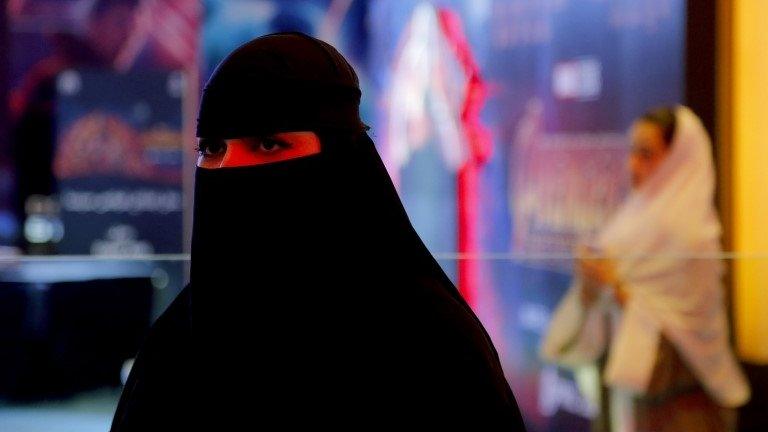Saudi entertainment boom raises harassment fears
- Published
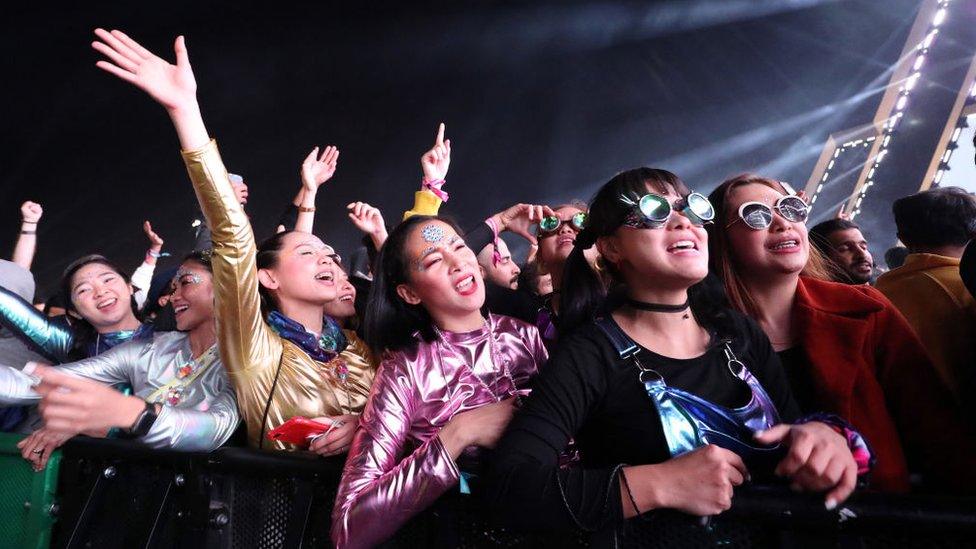
More than 700,000 revellers flocked to MDLBeast's Soundstorm music festival outside Riyadh
As one of the biggest music events in the Middle East was taking place in Saudi Arabia over the past few days, the festival's organiser promised to take extra steps to try to prevent sexual and other harassment at the venue on the outskirts of Riyadh.
Mass entertainment events are no longer a novelty in the once austere kingdom, but there have been reports by local and foreign women that they have faced harassment at them - some of it documented on video.
The scenes still seem almost surreal in Saudi Arabia - ravers convulsed in the rhythm of ear-splitting beats in a country where just a few years ago even performing music in public was controversial. MDLBeast's Soundstorm event thudded out for four days, with hundreds of thousands in the audience dancing to some of the biggest DJs in the world.
Men and women were also able to mix in ways that were once unthinkable.
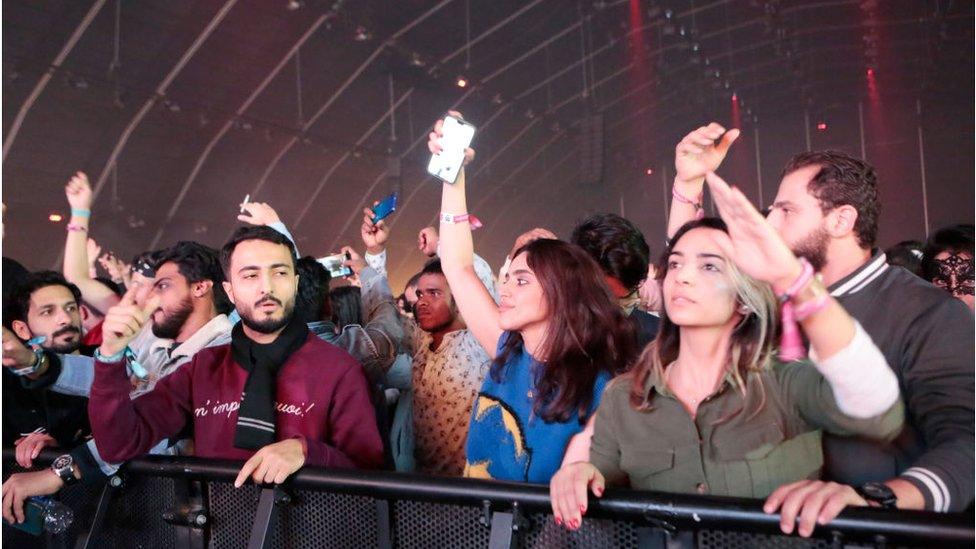
Men and women are allowed to mix at concerts, something which was previously banned
Famous performers from around the world had to weigh up the kingdom's human rights record before deciding to attend - with activists saying that those who did so were helping to whitewash the image of a repressive government.
But they were not the only ones who thought twice before going - there have been reports of repeated sexual harassment of women at the unprecedented series of huge entertainment events that are now a regular feature of life in Riyadh and elsewhere. A number of videos have circulated in recent years of groups of men groping and harassing women.
MDLBeast launched a campaign called Respect and Reset, external to step up safeguards for women at its events, promising zero tolerance. Some of those who attended over the past week have praised their efforts.
Since 2018, the Saudi authorities, too, have moved to criminalise harassment, with hefty fines and prison sentences of up to five years.
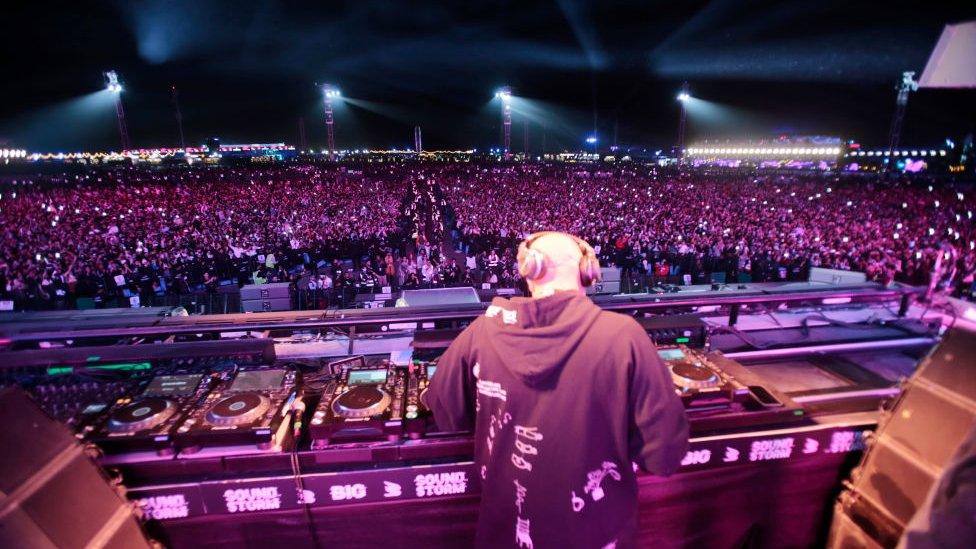
MDLBeast said Sandstorm was the biggest music festival in the region
But several Saudi women have contacted the BBC to say that they don't believe enough is being done. None of the women felt comfortable about giving their identities.
They said that they had either themselves experienced harassment at mass entertainment venues or knew of other women who had.
One said that online comments on the videos of harassment often blamed the women - and that female victims were as likely to be punished by Saudi law as the perpetrators.
Another said the authorities only seemed to react seriously when a foreigner was involved. She added that little attention was given when a Saudi woman was the victim, but that there was a big outcry and harsh penalties when it was a female tourist.
A third said that local women were not provided with any real protection - that there was a sense that they were complicit, even somehow guilty, just by going. If young women reported incidents, she said, they could face condemnation from within their own families and communities.
She alleged that a recent warning from public security against filming with mobiles at entertainment venues was aimed at preventing incidents of harassment from being documented.
'Superficial change'
Those close to Saudi Arabia's de facto ruler, Crown Prince Mohammed bin Salman, and his inner circle say that these incidents are the inevitable growing pains of a country in the midst of a major transition from the dictates of a deeply conservative interpretation of Islam to a more permissive society - exemplified for many by the removal of the once ubiquitous morality police from the streets.
The pace of change is set to quicken in pursuit of achieving the goals laid out in the prince's Vision 2030 project - a vastly ambitious plan to transform Saudi Arabia by shifting the economy away from dependence on oil, while reshaping its society to match the expectations of the young.
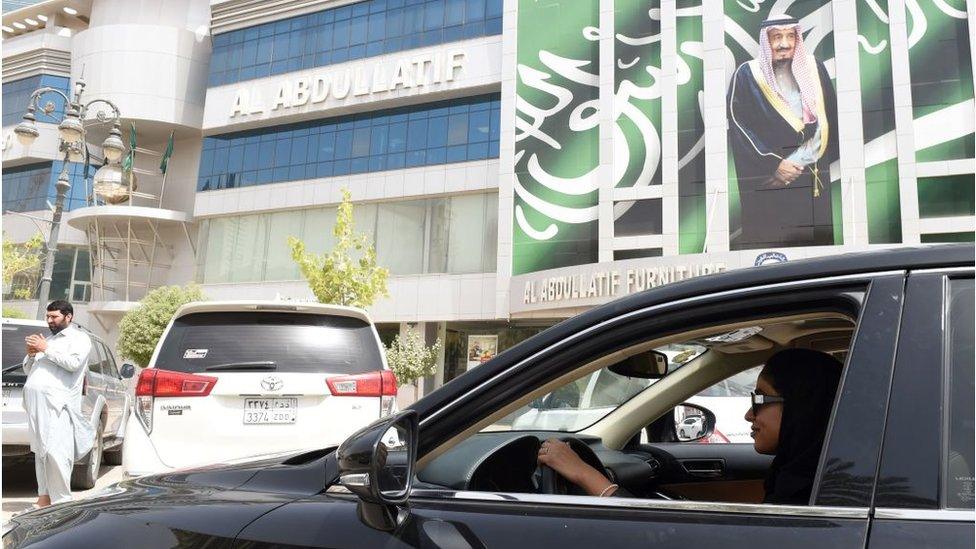
Saudi women have seen more freedoms under Crown Prince Mohammed, including being allowed to drive
Supporters of the prince say this process is still at an early stage - and call for patience until such changes become normalised.
But the Saudi women who contacted the BBC questioned how inclusive this plan was in reality - asserting that women's hopes and concerns were still only being superficially addressed.
They said that the issue of harassment was an example of this - deterring many Saudi women from participating in a wide range of events that were ostensibly aimed at opening Saudi Arabia up not just to a new world of tourists and influencers, but to its own citizens.
Related topics
- Published21 November 2021
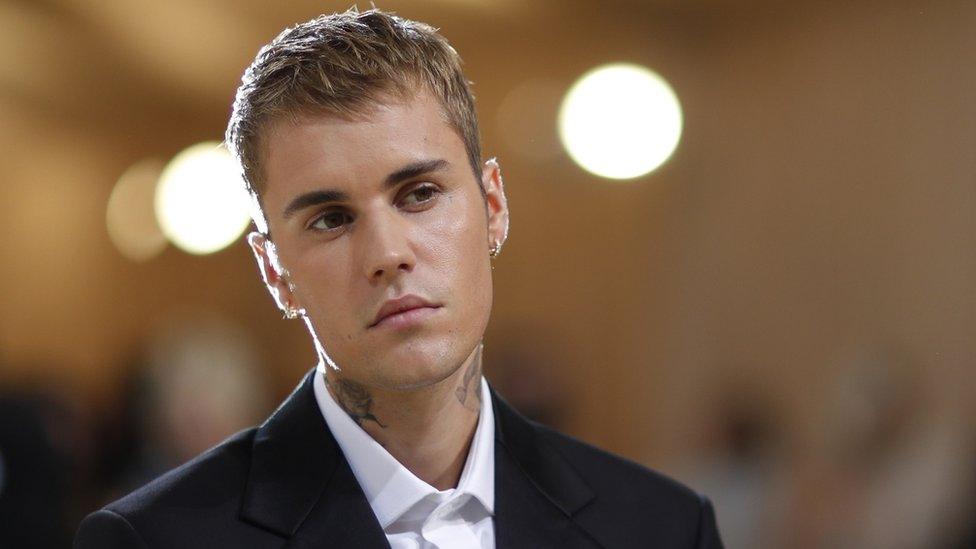
- Published3 July 2019
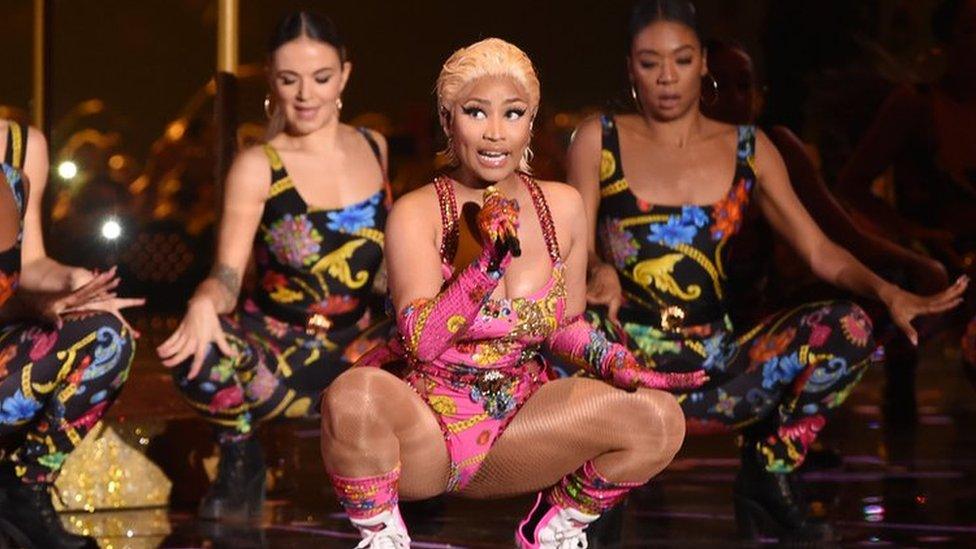
- Published29 May 2018
